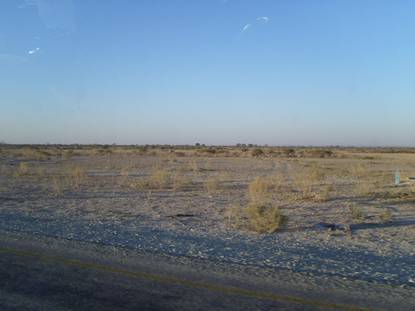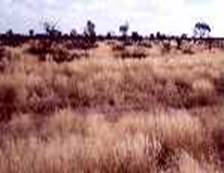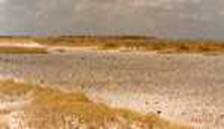Summary
The study site has a problem of land degradation, in the form of overgrazing, especially felt during drought years, but also from overharvesting of fuel wood from the rangeland. This degradation, however, is said to be partly a symptom of poverty i.e. lack of alternative energy sources and partly a sign of lack of viable alternative livelihoods and investment opportunities away from the cattle industry. Moreover, it is to be noted that surveys have also revealed that the majority of land users hold drought as the major cause of range degradation, pointing to the apparent rapid recovery of the range (particularly pasture) during a good rainfall season (e.g. de Vries Pennings, 2007; Chanda, 1996). The locals argue that with more poverty reduction through adoption of alternative livelihoods and energy sources, the pressure on the land can be eased, hence their proposal to set up a biogas plant. The plant is therefore perceived to reduce future demand for firewood (presently the principal source of energy for the majority of land users) which has compounded the land degradation problem as it is sourced from the local range.
|
A general view of the area |
Contrasting range conditions in Boteti: |
The study site will have a pilot biogas plant. This plant will be fed with cow-dung to produce methane gas, which is then used as an energy source for various applications like cooking, lighting, heating and refrigeration.
The cow-dung will be collected from the nearby site, where cattle are watered. Thus the availability of cow-dung is assured. The cow dung is mixed with water to form a slurry, which is then fed into a fermentation tank, and the methane fills up the collection tank. The methane is then collected and can be used directly or stored.


